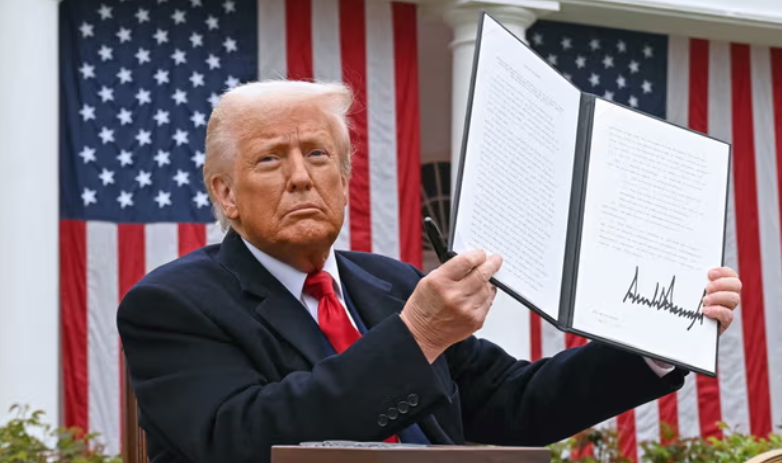
Donald Trump's plans to impose high tariffs on imported cars and parts could lead to higher prices, less affordable cars and job losses, especially hurting his working-class base.
How Auto Tariffs Could Backfire on Trump Voters
President Donald Trump’s imposition of a 25% tariff on imported cars and auto parts is raising serious concerns about its impact on American consumers, especially working-class consumers. Many affordable cars, such as compact sedans and hatchbacks, are made outside the U.S. The increased cost of these cars due to the tariffs could put them out of reach for budget-conscious buyers. Cox Automotive estimates that the tariffs will add about $3,000 to the cost of cars made in the U.S. and up to $6,000 for cars made in Canada or Mexico.
Such price increases will particularly affect price-sensitive buyers, who make up a significant portion of entry-level car buyers. Manufacturers will likely face a dilemma: either pass on the additional costs to consumers or absorb losses that could make selling such cars unprofitable. As a result, some models may be discontinued, limiting the choice for budget buyers.
Economists warn that such tariffs could lead to lower auto sales and potential job losses in the auto industry. While the tariffs are intended to boost domestic production, experts question their effectiveness, noting that previous tariff measures have failed to significantly increase U.S. manufacturing.
In addition, tariffs could trigger retaliatory measures from trading partners, which would worsen the economic impact. For example, the European Union and other countries have expressed their willingness to retaliate against U.S. tariffs, which could further increase the prices of imported goods and increase trade tensions.
While some labor unions, like United Auto Workers (UAW) President Sean Fein, support the tariffs because they could bring jobs back to the U.S., others are concerned about the potential negative impact on the economy and consumers. Fein noted that tariffs could quickly bring jobs back to the U.S., but critics point to the potential for higher prices for consumers and lower demand for cars.
Overall, the imposition of tariffs on imported automobiles and auto parts raises concerns about their impact on the affordability of automobiles for American consumers, especially working-class consumers, and the potential negative impact on the overall economy.
Recommended
See all
Two Years Without Ken Block: Remembering a Motorsport Legend and His Visit to the UAE






